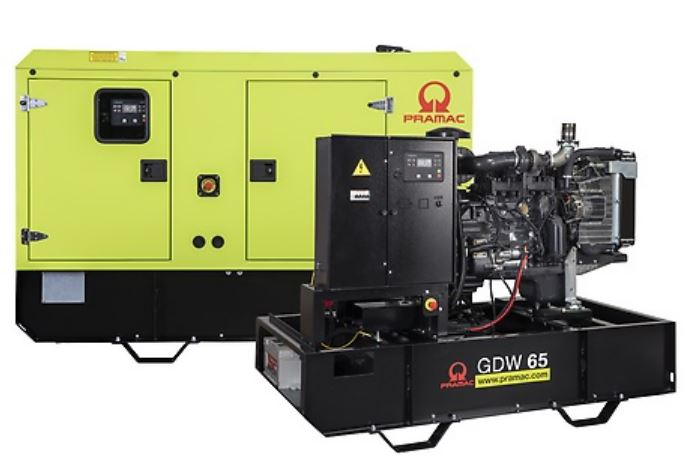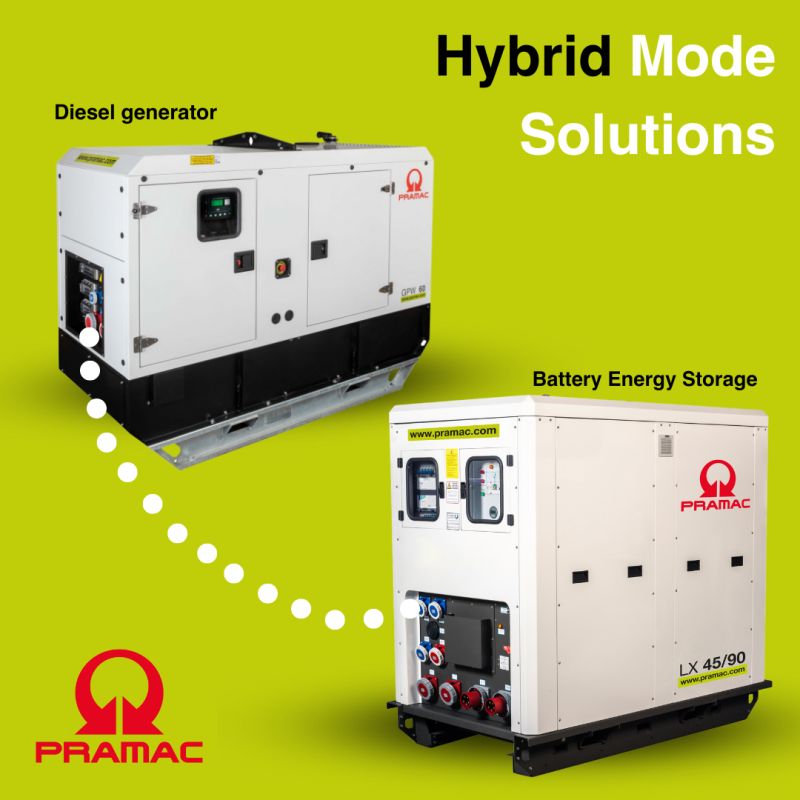Back-Ups Power Supply
Understanding Back-Up Power Supply
A back-up power supply is a system designed to provide power in the event of a main power failure. These systems are integral to maintaining operational continuity, preventing data loss, and ensuring safety. They include uninterruptible power supplies (UPS), generators, and other power storage solutions.
Back-up power supplies serve several critical functions:
- Data Protection: In IT and data-driven industries, power outages can lead to significant data loss and corruption. Back-up power systems ensure that data is saved and systems are properly shut down to prevent damage.
- Operational Continuity: For manufacturing and industrial operations, power disruptions can halt production, leading to substantial financial losses. A reliable back-up power system keeps production lines running smoothly.
- Safety: In environments where safety is paramount, such as healthcare facilities and emergency services, continuous power supply is crucial to prevent life-threatening situations.
Types of Back-Up Power Supplies
1. Uninterruptible Power Supply (UPS)
UPS systems provide immediate power for short durations, allowing for safe shutdowns or transition to a generator. They are typically battery-based and offer several benefits:
- Instant Power: UPS systems deliver power without any delay when an outage occurs, protecting sensitive equipment from damage.
- Power Conditioning: They can also filter and regulate incoming power, protecting equipment from power surges, spikes, and dips.
- Short-term Solution: Ideal for bridging the gap between an outage and the startup of a generator.


2. Generators
Generators are essential for prolonged power outages, capable of running for hours or even days. They operate on various fuels such as diesel, natural gas, or propane. Key features include:
- Long-term Solution: Generators provide sustained power for extended periods, making them suitable for businesses with critical continuous operations.
- Versatility: Available in various sizes and capacities, they can be tailored to meet specific power requirements.
- Automatic Transfer Switches (ATS): These switches ensure a smooth transition from main power to generator power without manual intervention.
3. Hybrid Systems
Hybrid systems combine the benefits of UPS and generators, offering a seamless transition and extended power supply. Features include:
- Enhanced Reliability: Combining multiple power sources ensures higher reliability and reduces the risk of total power failure.
- Energy Efficiency: Hybrid systems can optimise power usage, reducing operational costs.
- Scalability: They can be scaled according to growing business needs.

Importance of Generator Maintenance
Regular generator maintenance is critical to ensure reliability when it’s needed most. Key aspects include:
Routine Inspections
Regular visual inspections and checks are fundamental to identify any signs of wear or damage. This includes:
- Visual Checks: Regularly inspect for any physical damage, corrosion, or leaks.
- Fluid Levels: Checking and maintaining appropriate levels of fuel, oil, and coolant to ensure optimal performance.
- System Cleanliness: Keeping the generator and surrounding area clean to prevent dust and debris from causing issues.
Testing
Regular testing under load conditions is essential to ensure the generator performs effectively during actual outages. This includes:
- Load Testing: Simulating real power loads to test the generator’s performance under operational conditions.
- Battery Testing: Ensuring the generator’s battery is fully charged and in good condition to avoid startup failures.
- Start-Up Tests: Periodically starting the generator to check its readiness and functionality.
Component Maintenance
Regular replacement and maintenance of key components are vital for preventing breakdowns. This involves:
- Filters and Belts: Replacing air, fuel, and oil filters, as well as checking and replacing belts to ensure efficient operation.
- Electrical Systems: Inspecting and maintaining electrical connections, wiring, and control systems to prevent electrical failures.
- Engine Components: Regularly servicing engine components, including spark plugs and injectors, to maintain performance.
Record Keeping
Keeping detailed logs of maintenance activities is essential for future reference and compliance purposes. This includes:
- Maintenance Logs: Recording all maintenance activities, inspections, and tests.
- Service Records: Keeping a record of all services performed by external technicians.
- Compliance Documentation: Maintaining documentation for regulatory compliance and audits.
Choose GCM!
A reliable back-up power supply is indispensable for businesses to maintain operational continuity and protect critical systems. By understanding the types of back-up power supplies, the role of control system engineers, and the importance of generator maintenance, businesses can ensure they are prepared for any power disruptions. Implementing best practices in backup generator maintenance and integrating these systems with business operations will enhance reliability and efficiency, safeguarding against unexpected power outages.
For businesses, investing in a robust back-up power supply system is not just about preventing downtime—it’s about ensuring long-term operational resilience and success. With the right strategies and maintenance practices in place, businesses can achieve uninterrupted power supply, protecting their operations and bottom line.